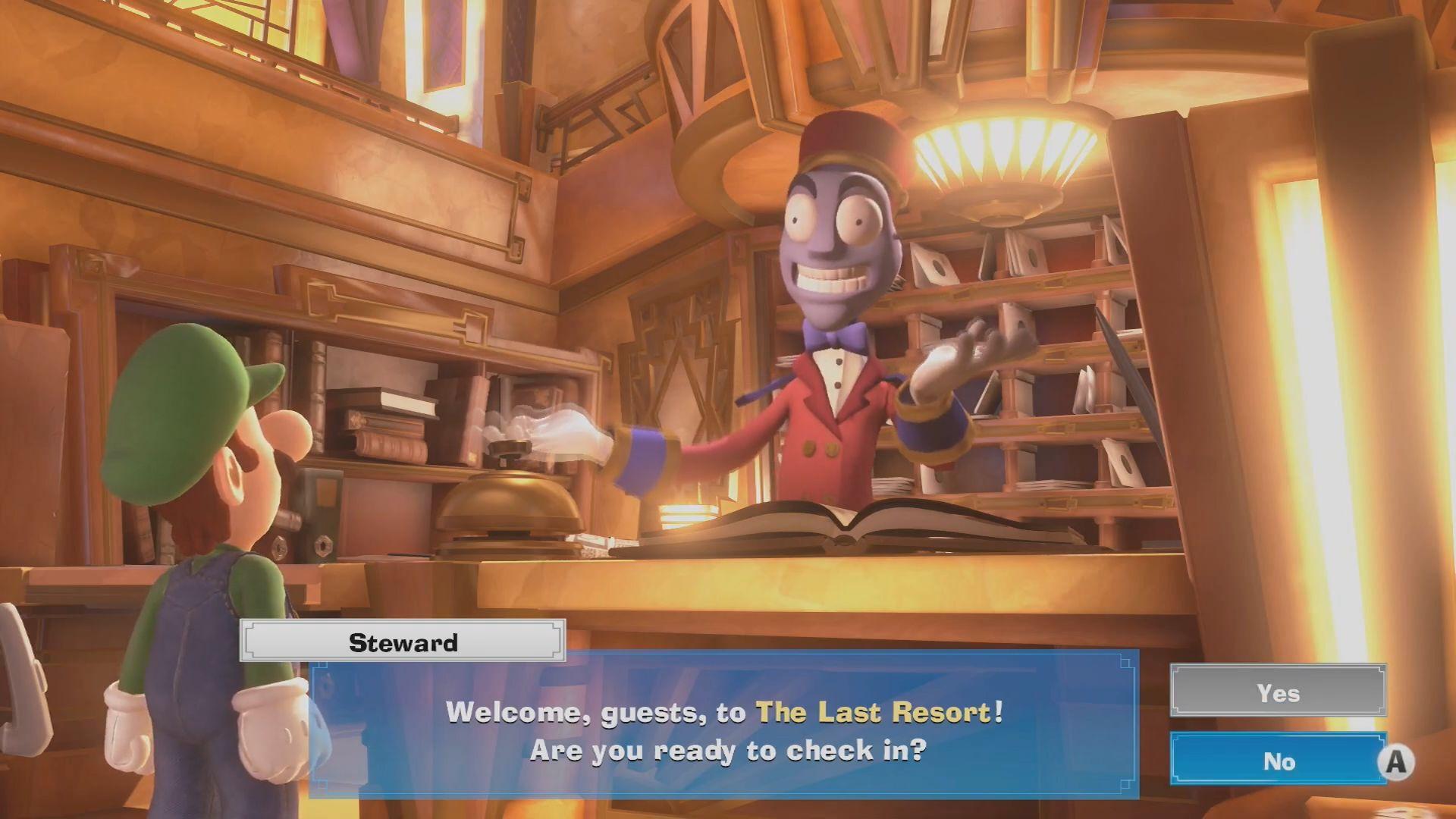In recent weeks, the gaming world has been abuzz with news of the legal battle between Nintendo and the developers of Yuzu, a prominent Nintendo Switch emulator. The lawsuit, initiated by Nintendo, accused the creators of Yuzu of enabling widespread piracy of Nintendo’s games. However, the story took a dramatic turn when Yuzu chose to settle the case, agreeing to Nintendo’s terms without contest.

A recap of the Yuzu vs Nintendo lawsuit
Nintendo accused the developers of Yuzu, specifically Tropic Haze, of “facilitating piracy at a colossal scale.” They claimed that Yuzu was primarily designed to circumvent Nintendo’s copyright protections and allow users to play Switch games illegally.
Nintendo took legal action against Tropic Haze, seeking damages and a permanent injunction to cease all activities related to Yuzu. The lawsuit raised questions about whether Yuzu’s emulation of Nintendo Switch games constituted copyright infringement.
One of the central arguments in the lawsuit revolved around whether Yuzu’s emulation software violated the Digital Millennium Copyright Act (DMCA) by circumventing Nintendo’s technological protection measures. The case drew attention to the complex legal and ethical issues surrounding emulation and piracy in the gaming industry.
The lawsuit between Yuzu and Nintendo concluded with a settlement agreement reached between the two parties.
The Yuzu settlement explained
Here are all the things you need to know about the the Yuzu settlement:
- Financial settlement: As part of the settlement agreement, Tropic Haze agreed to pay Nintendo a substantial sum of $2,400,000. This financial compensation served as a resolution to Nintendo’s claims of damages resulting from Yuzu’s alleged facilitation of piracy.

- Permanent injunction: Tropic Haze consented to a permanent injunction that prohibits any further development, distribution, or promotion of Yuzu. This injunction effectively puts an end to Tropic Haze’s involvement with the emulator and its associated activities.
- Domain surrender and data deletion: Additionally, Tropic Haze agreed to surrender control of the yuzu-emu.org domain name to Nintendo. They also committed to deleting all copies of Yuzu, as well as any circumvention tools used in its development or usage. The source code for Yuzu and Citra have both already been pulled down from GitHub.
Following the settlement, Tropic Haze released a statement acknowledging their original intent to develop Yuzu out of passion for Nintendo’s consoles and games:
“Hello yuz-ers and Citra fans: We write today to inform you that yuzu and yuzu’s support of Citra are being discontinued, effective immediately.
yuzu and its team have always been against piracy. We started the projects in good faith, out of passion for Nintendo and its consoles and games, and were not intending to cause harm. But we see now that because our projects can circumvent Nintendo’s technological protection measures and allow users to play games outside of authorized hardware, they have led to extensive piracy. In particular, we have been deeply disappointed when users have used our software to leak game content prior to its release and ruin the experience for legitimate purchasers and fans.
We have come to the decision that we cannot continue to allow this to occur. Piracy was never our intention, and we believe that piracy of video games and on video game consoles should end. Effective today, we will be pulling our code repositories offline, discontinuing our Patreon accounts and Discord servers, and, soon, shutting down our websites. We hope our actions will be a small step toward ending piracy of all creators’ works.
Thank you for your years of support and for understanding our decision.”
The Yuzu settlement means Tropic Haze won’t be making or sharing Yuzu anymore. Even though some copies of Yuzu might still be out there, Tropic Haze won’t be officially involved with it anymore.
Change this X feature before your IP leaks
What is Yuzu?
Before the Yuzu vs Nintendo lawsuit and the settlement, Yuzu was a prominent Nintendo Switch emulator developed by the team behind Tropic Haze. It aimed to replicate the functionality of the Nintendo Switch console on other platforms, enabling users to play Switch games on their computers.






